

The UK’s Office of National Statistics says that one in five British adults suffer from depression. It’s an epidemic of massive proportions, comes with a massive societal impact, with depression costing the European economy almost 118 million Euros in lost worker productivity and expenditure on treatment.
It’s not just a feeling of sadness. It’s not laziness. It’s a complex, confusing mental illness that impacts people in different ways. It can pull you into a spiral of numbness, anxiety, hopelessness and apathy, and make the simplest things like getting out of bed feel like an excruciating effort.
So, where do games come into this? Games – like any other genre of popular culture – can help us understand complex issues. Complex issues like depression and mental health. Don’t believe me? Here are 3 that walk you through what it’s like to suffer from depression, or give you helpful strategies for coping with it.
You’ve spent the past several hours at work. The past week or so you’ve found your job motivation flagging more so than usual; you’ve been in a fog practically all day today, simply going through the motions without realizing even what you’ve been doing half the time, and yet time seemed to be moving at half speed. You’re so checked out that when your boss approaches you to tell you that it’s dead and you can go home early it barely registers.
This should sound familiar to anyone who has suffered from depression, but it’s actually the opening paragraph from Depression Quest; an interactive fiction game from indie developer Zoe Quinn.

Depression Quest explores the nature of depression, and allows people who haven’t suffered from the condition to experience how it can affect mood, energy and motivation. In just 40,000 words, it puts you in the shoes of a depression sufferer.
The character (whose name and gender is not stated) is initially unsure of why he/she is so unmotivated and miserable, and why even the simplest of tasks feel like an insurmountable challenge. But as the game progresses, you navigate through a treatment regimen that (depending on your actions) could see you become a healthier, happier person, whilst managing relationships with your family and girlfriend, and keeping on top of your work.
The main gaming mechanism is built around multiple choices, with each decision you make having an impact on your work life and your relationship. Interestingly, certain choices are crossed out, depending on your emotional state at the time. These tend to be (objectively speaking) the most logical, sensible choice, illustrating how depression can impact ones decision making ability.

Depression Quest is the best, most accurate explanation of the condition I’ve ever seen.
You can play it for free in your browser, or download it on Steam. The downloadable version is released under a pay-what-you-want model. It’s free to download, but the developer welcomes donations, part of which is sent to the National Suicide Prevention Lifeline.
SPARX (an acronym for Smart, Positive, Active, Realistic, X-factor thoughts) is a free role-playing game developed by researchers at the University of Auckland in New Zealand. It’s designed to treat mild to moderate depression in young people.
The game – a 3D roleplaying romp set in a Maori-culture fantasy world – is actually a interesting way to deliver cognitive behavioral therapy (CBT) without having to sit in front of a therapist. It’s also really effective too. Clinical trials undertaken in 2012 showed SPARX can be almost 20% more effective than simply using counseling alone.
But why? Well, to find out, we’re going to have to look at CBT in a little bit more detail.
Cognitive Behavioral Therapy changes the way you think about things, with the hope that these changes in thinking will lead to an improvement in how you feel, and how you behave. It’s a process which starts with an assessment of how you feel, leading on to a ‘re-conceptualization’ of your feelings, and culminating with the development and maintenance of coping strategies.
SPARX guides the player through a comprehensive CBT treatment. Players are initially asked questions that allow the computer to make an assessment of the player’s initial state, which is then used to decide an appropriate course of treatment. The game also walks the player through strategies for dealing with depression, anger and frustration, with the aim of building coping skills.
The gameplay aspect of SPARX is built around the aforementioned 3D fantasy world, built with the Unity games engine. It follows the standard fantasy game tropes; you have to traverse terrain, fight opponents and find gems. But the gameplay isn’t the focus of SPARX, but rather a way to deliver cognitive behavioral therapy in a non-threatening manner.
SPARX is available to download for free, although at the time of writing is only available in New Zealand. If you’re not in New Zealand, you can bypass their geo-restrictions with Hola or a VPN.
Much like Depression Quest, Elude – developed by GAMBIT, the Singapore-MIT Game Lab – aims to teach the reader about the nature of depression. However, unlike Depression Quest, Elude isn’t quite so direct about things.
Rather, it uses metaphors to illustrate the mire of depression. The game – part platformer, part Doodle Jump – begins in a gloomy forest area, replete with monochrome birds and an ambient backing song. This represents feelings of normalcy.
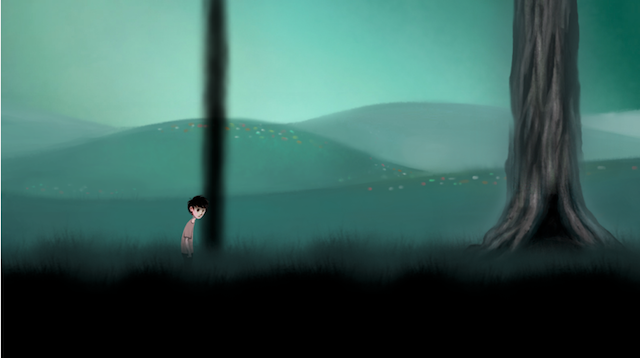
As you climb branches and ascend past the tree canopy, you enter an area that symbolizes a feeling of elation. Here the music becomes cheerier and faster. Everything is brighter, and the game transforms into a endless-jumping platformer.
You’ll have to leap from flower to falling leaf, propelling yourself further into the sky. But after a while, the leaves and flowers become sparser and sparser, and eventually disappear entirely. It is at this point you cascade down towards the ground, and enter the world of depression with a loud thud.
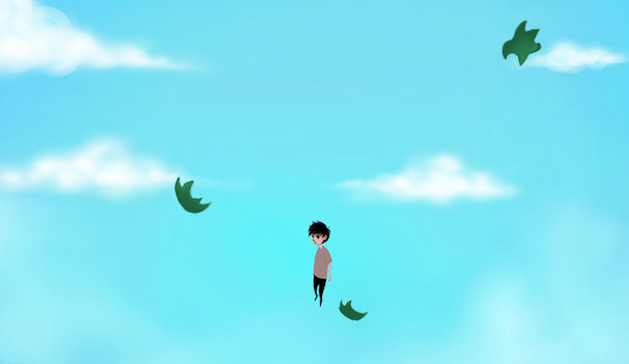
The feeling of depression is characterized by murky, dark lighting and confined spaces. The game also represents the lethargy and loss of motivation found in depression with controls that are sluggish and unresponsive.
As the player wanders around the smaller, darker world he literally sinks into the ground, falling deeper and deeper until he hits rock bottom. It is at this point you have to climb back out to normalcy and, eventually, elation.
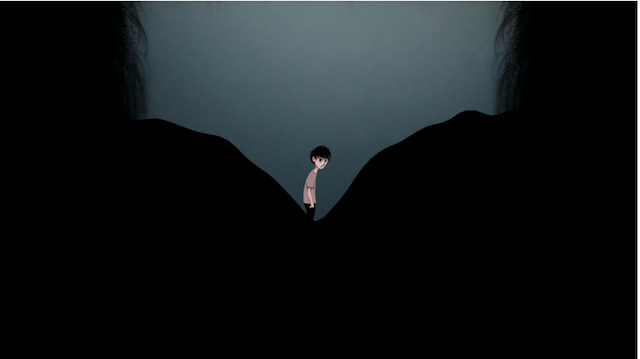
The very indirect way Elude approaches depression will appeal to many. Although it is nowhere near as explicit as Depression Quest, Elude accurately represents what depression feels like through vastly contrasting changes in lighting, music and ambience.
Elude is free, and can be played in the browser.
Fortunately, there’s a lot of support online, with many groups and sites documented in this article by our very own Joshua Lockhart. Once you’ve read that, you might want to check out this list of other resources for depression sufferers.
Finally, you might also want to look into mindfulness and meditation, which has been known to help with alleviating the symptoms of depression and anxiety.
Do you have any strategies for dealing with depression? Are there any games which you feel have helped you with your own depression? Or, do you just have any advice for depression sufferers you want to share? I want to hear it. Drop me a comment in the box below, and we’ll chat.

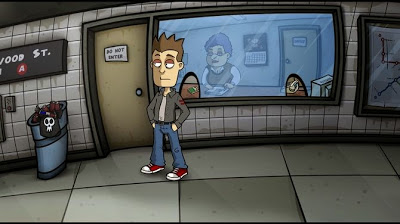
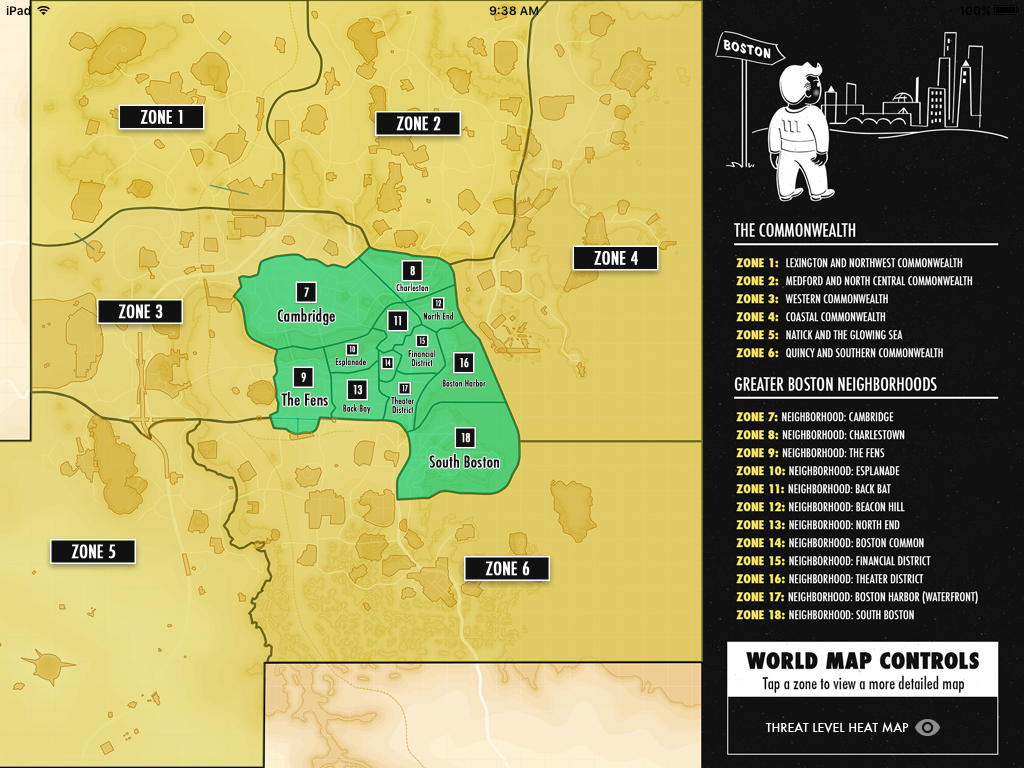
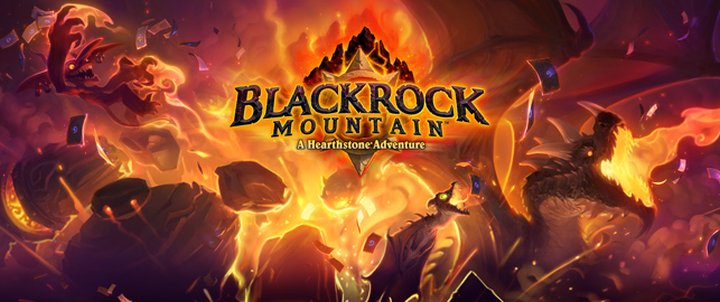
 Rita Oras cleavage upsets UK TV viewers
Rita Oras cleavage upsets UK TV viewers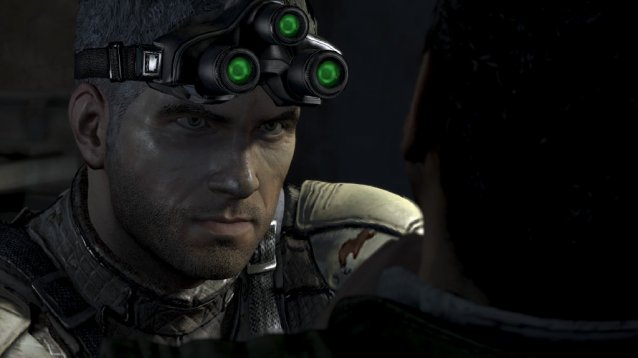 Splinter Cell Blacklist Review – Full-On Summer Blockbuster
Splinter Cell Blacklist Review – Full-On Summer Blockbuster How To Complete Dark Souls 2 without resting at a bonfire
How To Complete Dark Souls 2 without resting at a bonfire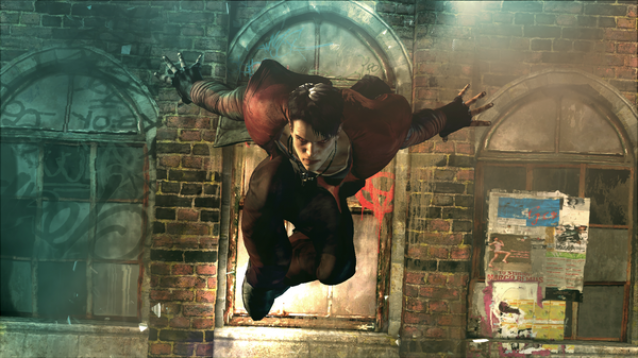 DmC Collectibles Location Guide (Lost Souls, Keys And Secret Doors)
DmC Collectibles Location Guide (Lost Souls, Keys And Secret Doors)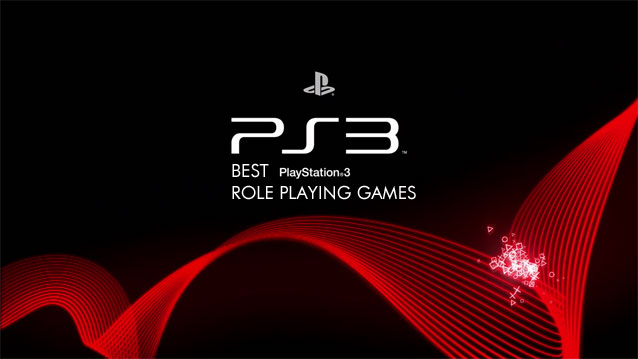 Top 10 Best PS3 Role Playing Games of All Time
Top 10 Best PS3 Role Playing Games of All Time